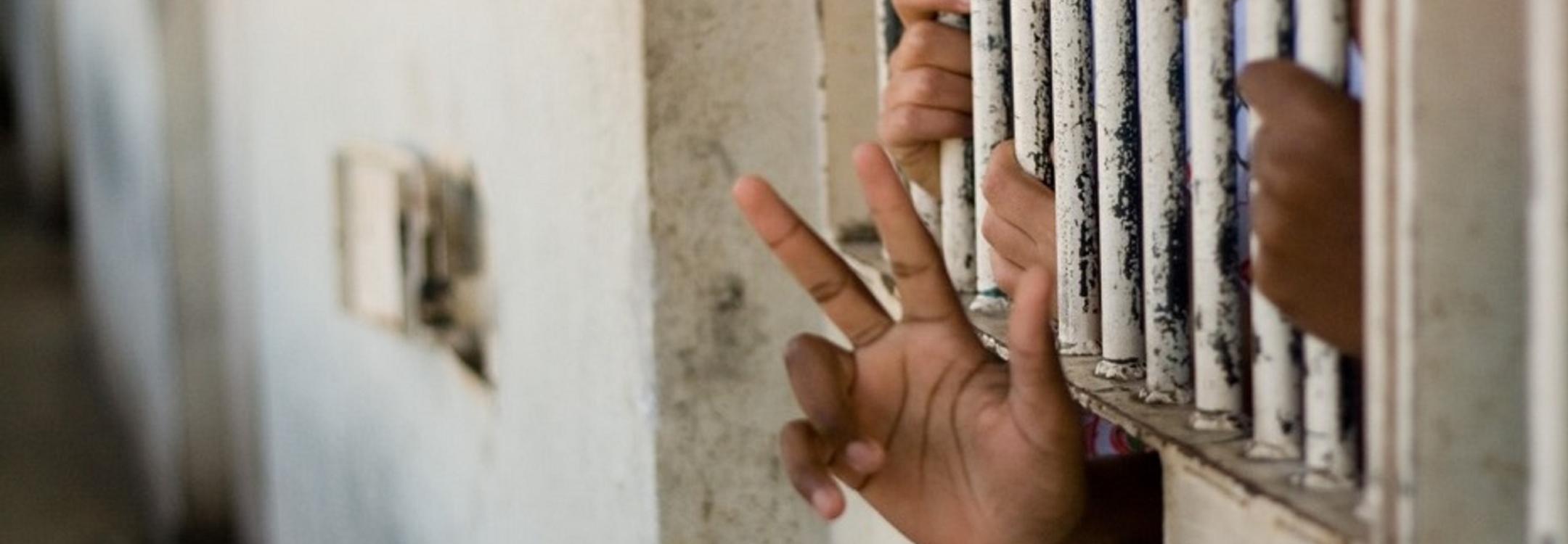
The APT welcomes its first six partners which are joining the CO:LAB platform, coming from a wide range of organisations and institutions.
This new collaboration is part of APT’s efforts to ensure that the Information Hub on COVID-19 and Persons Deprived of Liberty continues to provide quality content covering multiple relevant global themes. Our first six partners are the international NGOs Centre for Justice and International Law (CEJIL), Harm Reduction International (HRI), Penal Reform International (PRI) and Washington Office for Latin America (WOLA); the National Committee for the Prevention of Torture of Argentina, and one of APT’s main partners in Brazil, the National Council of Justice.
As CO:LAB partners and contributors, the six organisations provide important thematic and contextual insights to enhance the quality of information gathering and the content of the hub. Thanks to our CO:LAB partners’ expertise and experience, we introduced new thematic categories to the Information Hub, thus enabling more efficient information gathering. We have now, for instance, access to information related to persons detained for drug-related offences. These new partnerships also provide the Hub with a much broader coverage of local information in Spanish and Portuguese from Latin American countries.
Having received 1,363 visits from 90 countries, since its launch in March this year, the Info Hub now has 1451 entries from 91 countries, and in 11 different languages. The APT looks forward to expanding the Hub’s reach through broader cooperation with our new CO:LAB partners. Together, we are now looking into better understanding and using some the main trends and patterns identified through the Information Hub to produce practical materials and resources that will be useful to national, regional and international stakeholders working on torture prevention.
The information gathered in the past months enabled us to identify several key trends related to persons deprived of liberty; such as suspension and adjustment of physical contact with family by detaining authorities, implementation and impact of non-custodial measures such as pardon and humanitarian release of prisoners as well as modification of detention monitoring methods by oversight bodies.